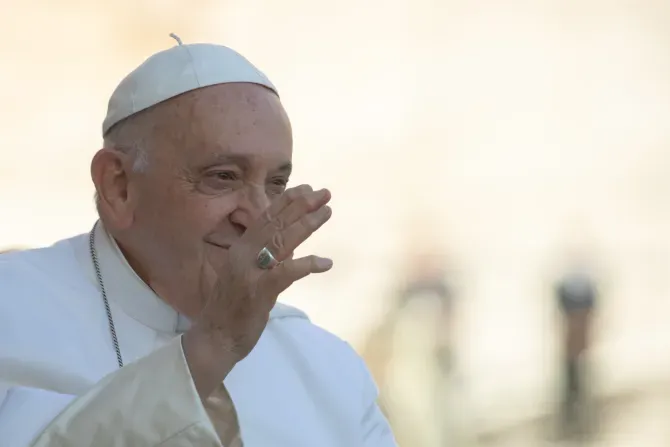Vatican City, 04 October, 2023 / 11:35 am (ACI Africa).
Pope Francis on Wednesday released a new document on the environment that he has described as the “second part” of his 2015 encyclical Laudato Si', and which warns of “grave consequences” if humanity continues to ignore the threat of climate change.
The apostolic exhortation, titled Laudate Deum (“Praise God”), is meant to address what Francis in the document calls the “global social issue” of climate change. The pope said that in the eight years since Laudato Si’ was published, “our responses have not been adequate” to address ongoing ecological concerns.
“Climate change is one of the principal challenges facing society and the global community,” the pope wrote in the document, arguing that its effects are borne by the world’s “most vulnerable people” and that the climate issue is “no longer a secondary or ideological question.”
Francis wrote that the effects of climate change “are here and increasingly evident,” and warned of increasing heat waves and the possible melting of the polar ice caps, which he said would lead to “immensely grave consequences for everyone.”
“No one can ignore the fact that in recent years we have witnessed extreme weather phenomena, frequent periods of unusual heat, drought, and other cries of protest on the part of the earth that are only a few palpable expressions of a silent disease that affects everyone,” the pope said.








